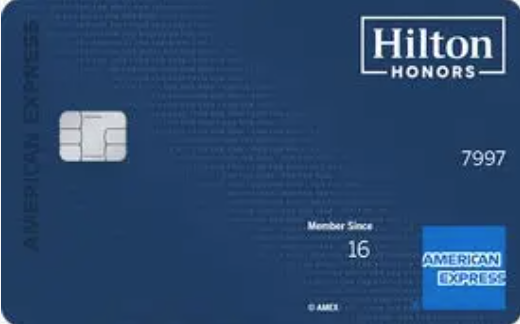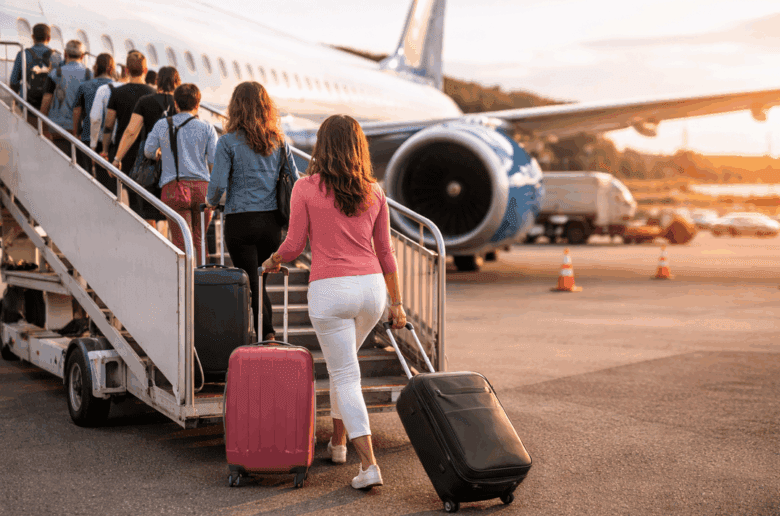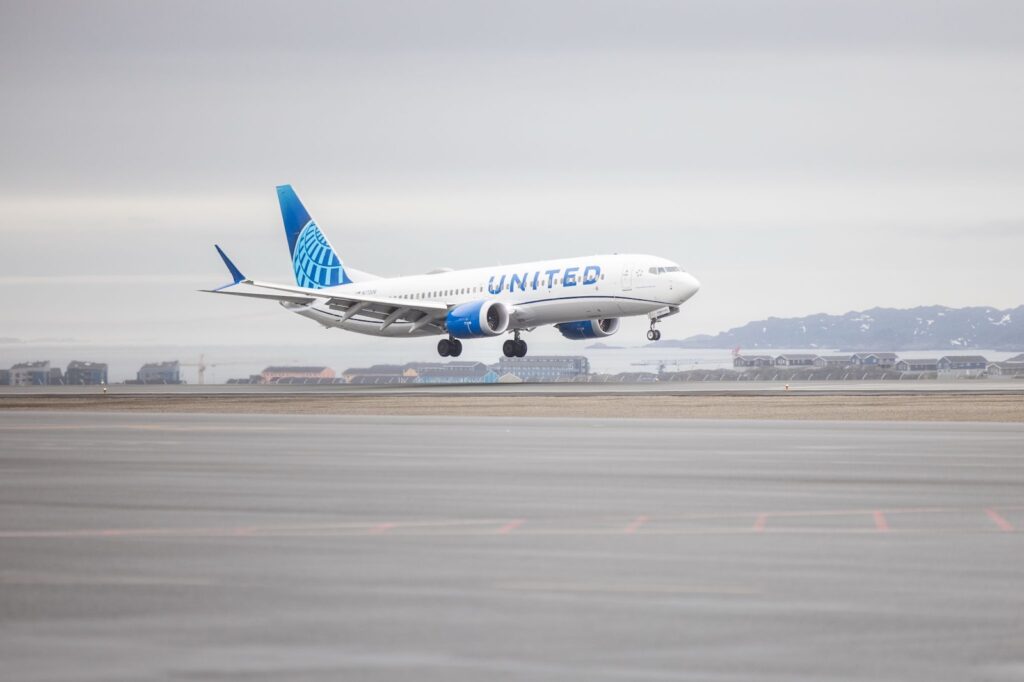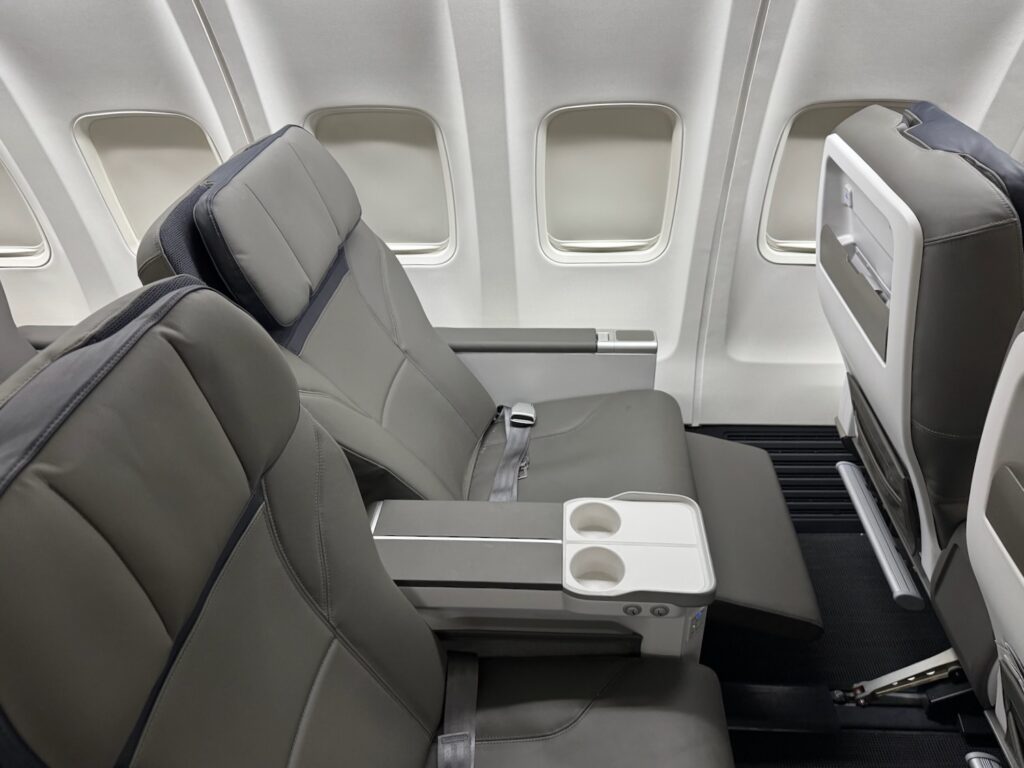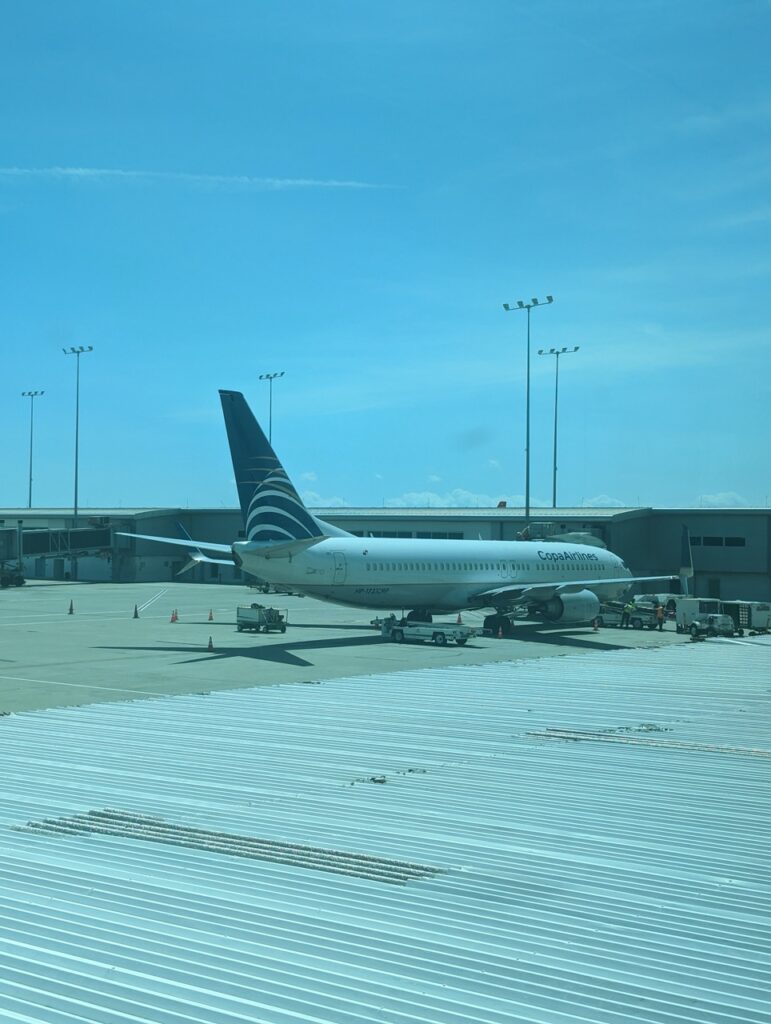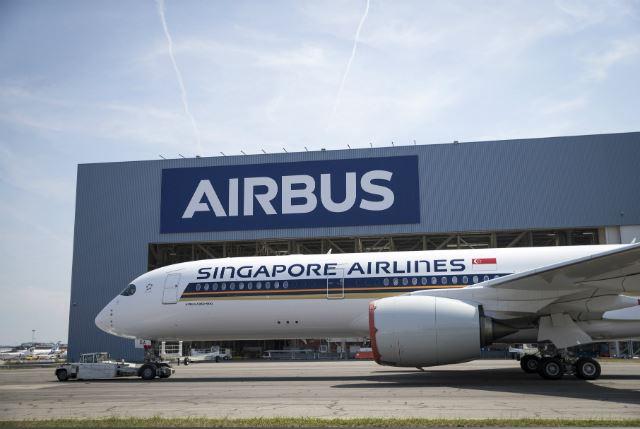
Avoid Making These Boarding Pass Mistakes: Essential Tips for Travelers
In the hustle and bustle of air travel, it’s easy to overlook the small details that can make or break your journey. Your boarding pass is more than just a ticket onto the plane; it’s a critical document that holds vital information about your flight. Mistakes with your boarding pass can lead to delays, missed flights, or even security risks. In this comprehensive guide, we’ll delve into common boarding pass mistakes travelers make and how to avoid them. Equip yourself with these essential air travel tips to ensure a seamless and stress-free experience on your next trip.
Failing to Verify Personal Information Thoroughly
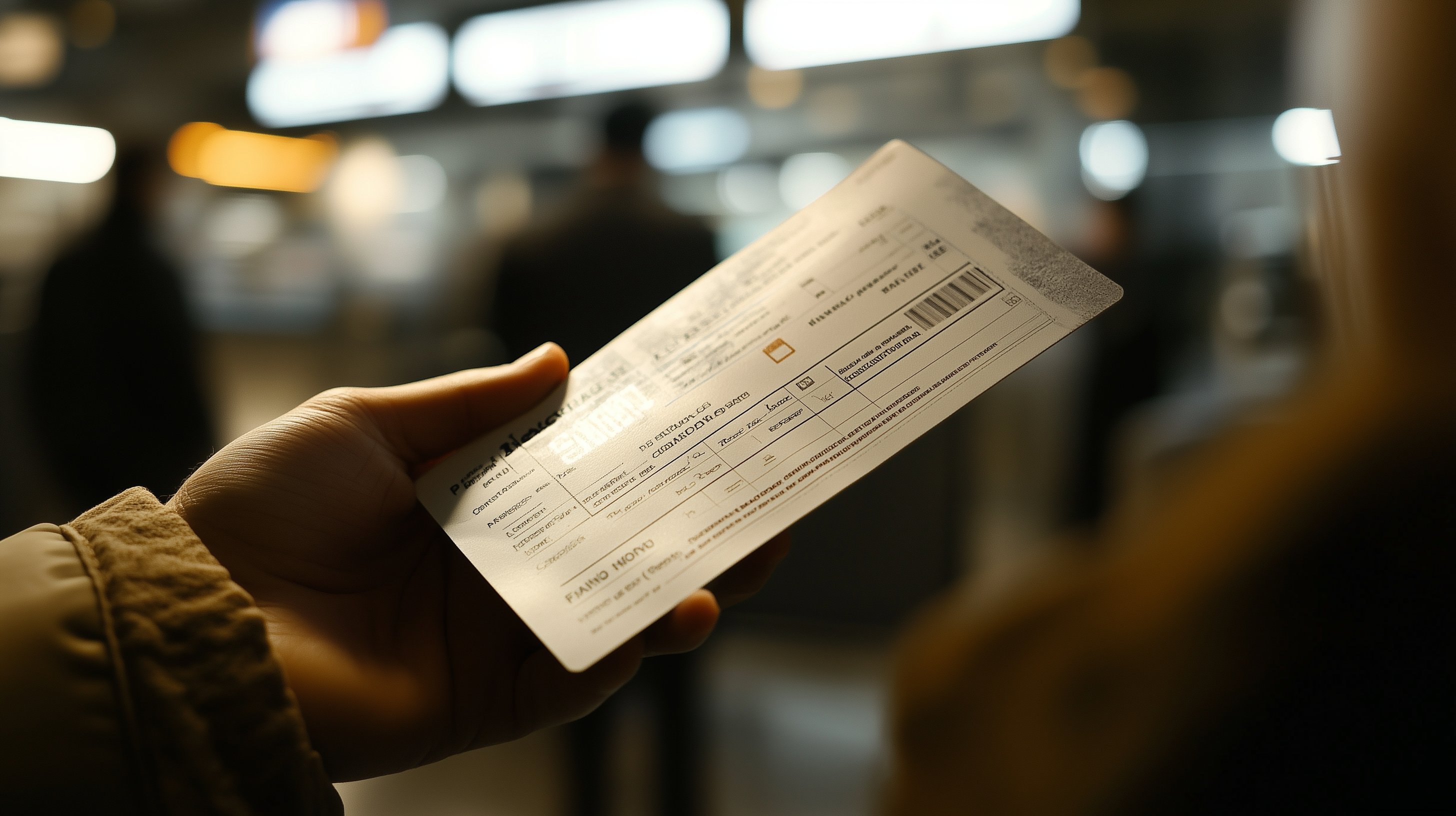
One of the most fundamental errors travelers make is neglecting to double-check the personal information on their boarding pass. Mismatches between your identification documents and boarding pass can cause significant delays at security checkpoints. It’s crucial to ensure that your name is spelled correctly and matches exactly as it appears on your passport or ID. Airlines have stringent policies regarding passenger identification, and discrepancies can lead to denied boarding. To learn more about airline identification requirements, visit the TSA’s official page on acceptable identification.
Moreover, incorrect personal details can affect your frequent flyer miles accrual. If your frequent flyer number isn’t correctly associated with your boarding pass, you might miss out on valuable points. Always confirm that your frequent flyer information is accurately reflected to maximize your travel benefits. According to SmarterTravel, keeping your loyalty program numbers updated ensures you don’t miss out on earning opportunities.
In international travel, errors in personal information can also complicate visa and immigration procedures. Countries rely on accurate data for security purposes, and inconsistencies can raise red flags. To avoid these complications, take a moment to review all the details on your boarding pass as soon as you receive it.
Lastly, be mindful of titles and suffixes. If you have a common name shared with someone on a no-fly list, including your full middle name or suffix can help differentiate you and prevent unnecessary hassles. Ensuring all personal information is precise is a simple yet effective way to smooth your travel experience.
Overlooking Boarding and Departure Times
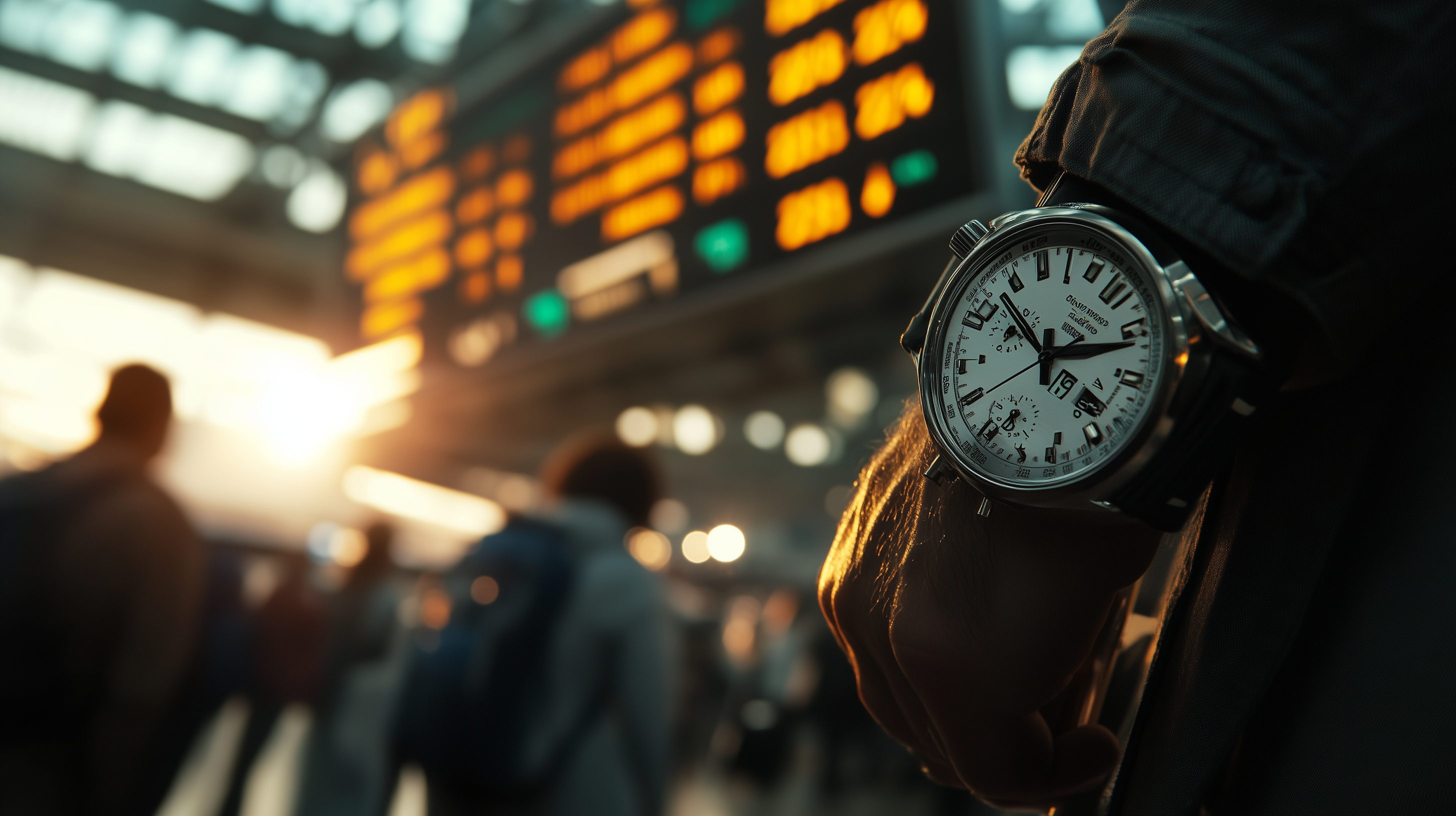
Time management is critical when traveling, yet many passengers misread or disregard the boarding and departure times on their boarding passes. Confusing these times can result in arriving too late to board or unnecessarily early, causing prolonged waits. Boarding time is when passengers start entering the plane, while departure time is when the plane is scheduled to leave the gate.
Airlines close boarding typically 15-30 minutes before departure. Missing the boarding window means you won’t be allowed on the flight, even if the plane hasn’t left yet. To avoid this, always plan to arrive at the gate well before boarding begins. Account for potential delays at security checkpoints and walking times to distant gates, especially in large airports.
Additionally, keep an eye on time zone changes, especially for international flights. Your boarding pass reflects the local time, which may differ from your phone or watch if they haven’t updated. Miscalculations here can lead to missed flights or unnecessary stress. For strategies on managing time zone differences, consider tools like the Time Zone Converter from TimeandDate.com.
Flight schedules may change due to various factors such as weather or operational issues. Regularly check for updates from the airline via their app or airport monitors. Staying informed helps you adjust your plans accordingly and ensures you’re at the right place at the right time. For real-time flight tracking and alerts, the Flightradar24 app is an excellent tool.

Lastly, remember that gate numbers can change. Regularly verify your gate information to avoid going to the wrong location. Missing a gate change announcement can be as detrimental as misreading your boarding time.
Not Securing Your Boarding Pass Information

In an age where sharing experiences online is commonplace, many travelers inadvertently expose sensitive information by posting photos of their boarding passes on social media. This practice can lead to serious security risks, including identity theft and unauthorized access to your travel plans. Your boarding pass contains personal data, booking references, and barcodes that can be exploited if fallen into the wrong hands.
Cybercriminals can use the information from a boarding pass to access your frequent flyer accounts, steal miles, or even cancel future flights. To protect yourself, refrain from sharing images of your boarding pass in any public forum. If you wish to share your travel excitement, consider posting a photo of the airplane or destination instead. The BBC highlights the dangers of sharing boarding passes online.
Moreover, discarded boarding passes can be retrieved by malicious individuals. Instead of throwing them away intact, shred or tear them thoroughly before disposal. This practice eliminates the risk of someone retrieving and misusing your personal travel information.
Consider utilizing mobile boarding passes within airline apps, which are more secure and reduce the risk of physical documents being lost or stolen. For more insights on digital boarding options, the Transportation Security Administration (TSA) provides guidelines on using mobile boarding passes.
Ultimately, being cautious with your boarding pass details is a simple yet effective way to safeguard your personal information and ensure a worry-free journey.
Neglecting to Print or Download Your Boarding Pass Ahead of Time
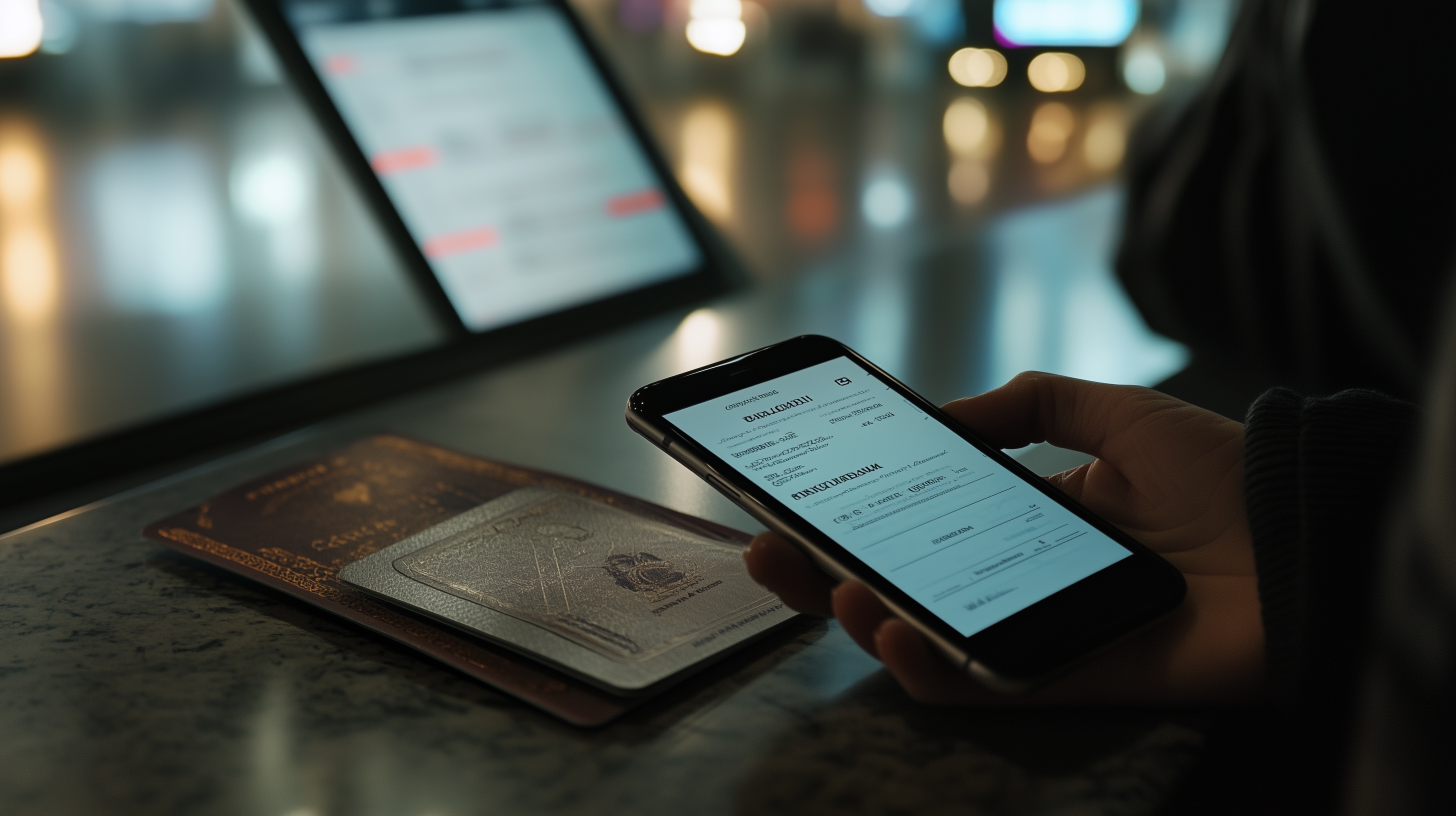
In the digital age, it’s easy to assume that everything can be done on the go. However, not having your boarding pass ready before arriving at the airport can lead to unnecessary delays. Relying on airport kiosks can be problematic if there are technical issues or long lines, especially during peak travel times.
Printing or downloading your boarding pass ahead of time ensures you’re prepared and can proceed directly to security upon arrival. Most airlines allow check-in and boarding pass retrieval 24 hours before departure. Taking advantage of this not only saves time but also allows you to confirm seating arrangements and make any last-minute changes.
Mobile boarding passes are convenient, but they depend on a reliable internet connection and a charged device. Technical glitches or drained batteries can leave you scrambling. As a precaution, consider having a printed copy or a screenshot of your boarding pass saved to your phone.
Additionally, some airports or countries may not accept mobile boarding passes, necessitating a printed version. Research your departure and arrival airports’ policies to ensure compliance and avoid any surprises at the gate. IATA Travel Centre provides updated information on airport policies and travel regulations worldwide.
Being proactive with your boarding pass preparation can significantly streamline your airport experience, allowing you to focus on enjoying your journey.
Ignoring Seat Assignments and Fare Classes

Your boarding pass contains crucial information about your seat assignment and fare class, which can affect your in-flight experience and post-flight benefits. Overlooking this information might result in confusion or missed opportunities for upgrades and perks. Understanding your fare class can inform you about baggage allowances, boarding priority, and eligibility for lounge access.
Seat assignments are not always guaranteed. Airlines may change your seat due to operational needs, aircraft swaps, or to accommodate families. Regularly check your seat assignment leading up to your flight, and use the airline’s app or website to make adjustments if necessary. For strategies on securing the best seats, SeatGuru offers detailed seat maps and reviews to help you choose wisely.
If you have specific seating preferences, such as aisle or window seats, or need accommodations for medical reasons, it’s vital to confirm these details ahead of time. Waiting until you arrive at the airport may limit your options, as flights are often fully booked.
Your fare class also impacts your ability to earn frequent flyer miles and qualify for elite status. Lower fare classes may earn fewer miles or be ineligible for upgrades. Familiarize yourself with your airline’s fare class structure to maximize your travel rewards.
By paying attention to the details on your boarding pass, you can enhance your comfort and benefits during and after your flight.
Enjoy a Hassle-Free Journey by Avoiding Common Boarding Pass Pitfalls
Your boarding pass is a gateway to your travel experience, and handling it with care and attention is essential. By avoiding these common mistakes—verifying personal information, respecting boarding times, securing your boarding pass details, preparing your boarding pass in advance, and understanding your seat and fare class—you set yourself up for a smooth and enjoyable journey.
Stay informed, prepared, and vigilant to make the most of your air travel. For additional tips and insights on all aspects of travel, be sure to explore our other articles here on BoardingArea. We’re committed to providing you with the latest information to enhance your travel experiences. Safe travels!

